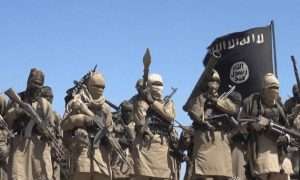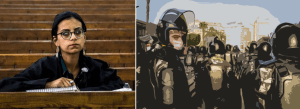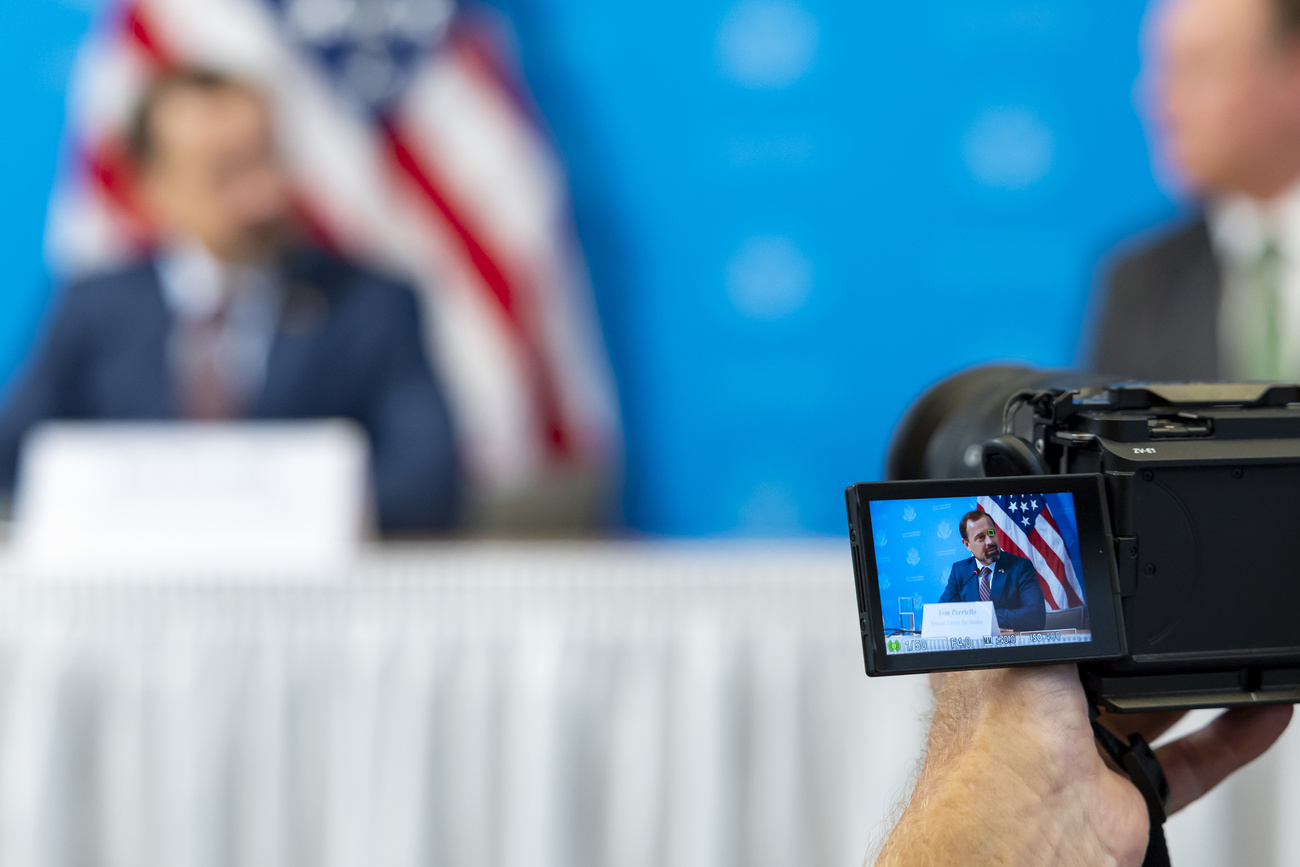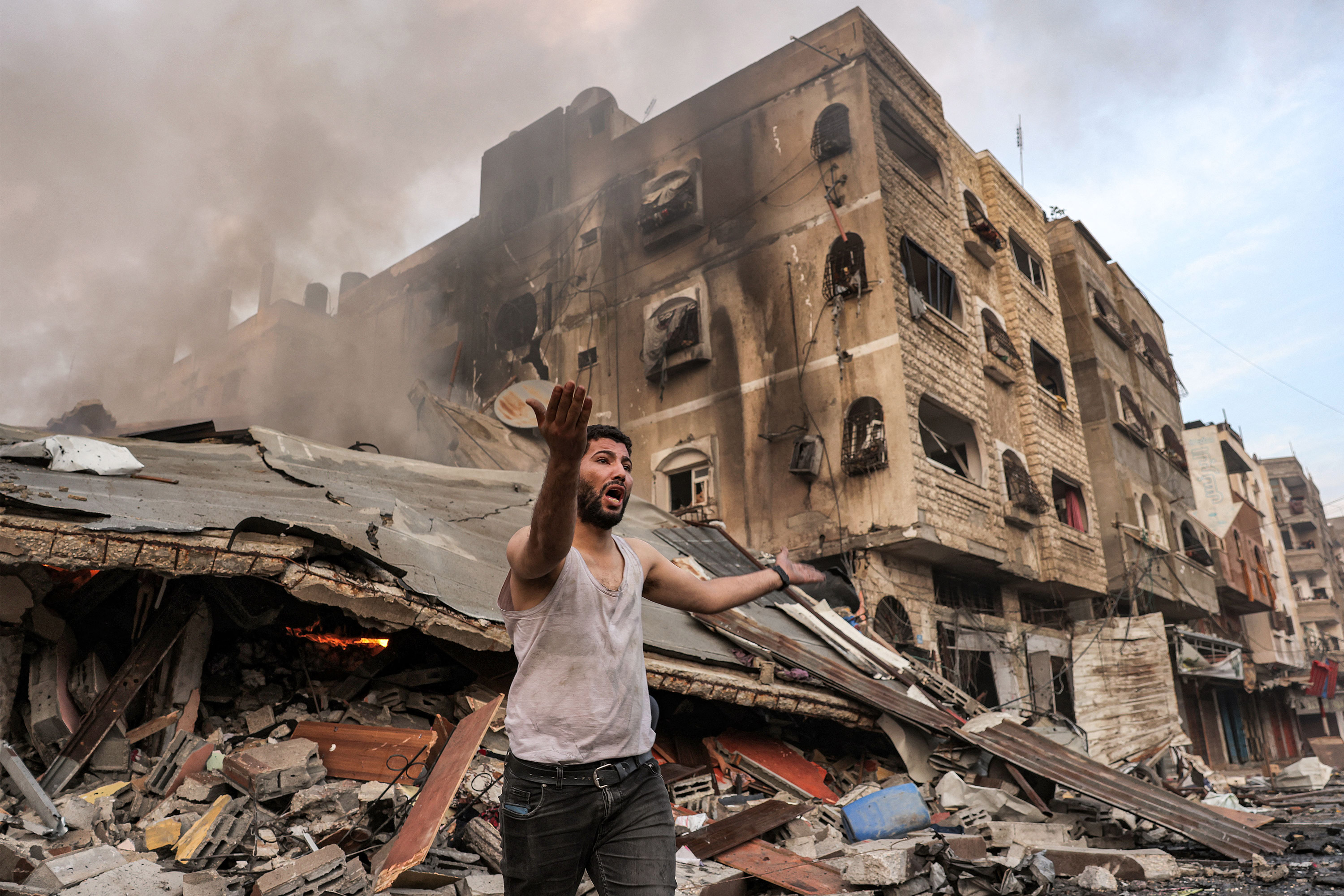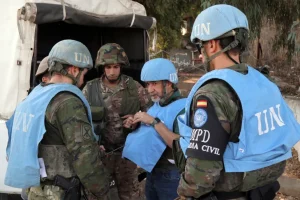Sudan’s PM designate criticised for exclusionary speech
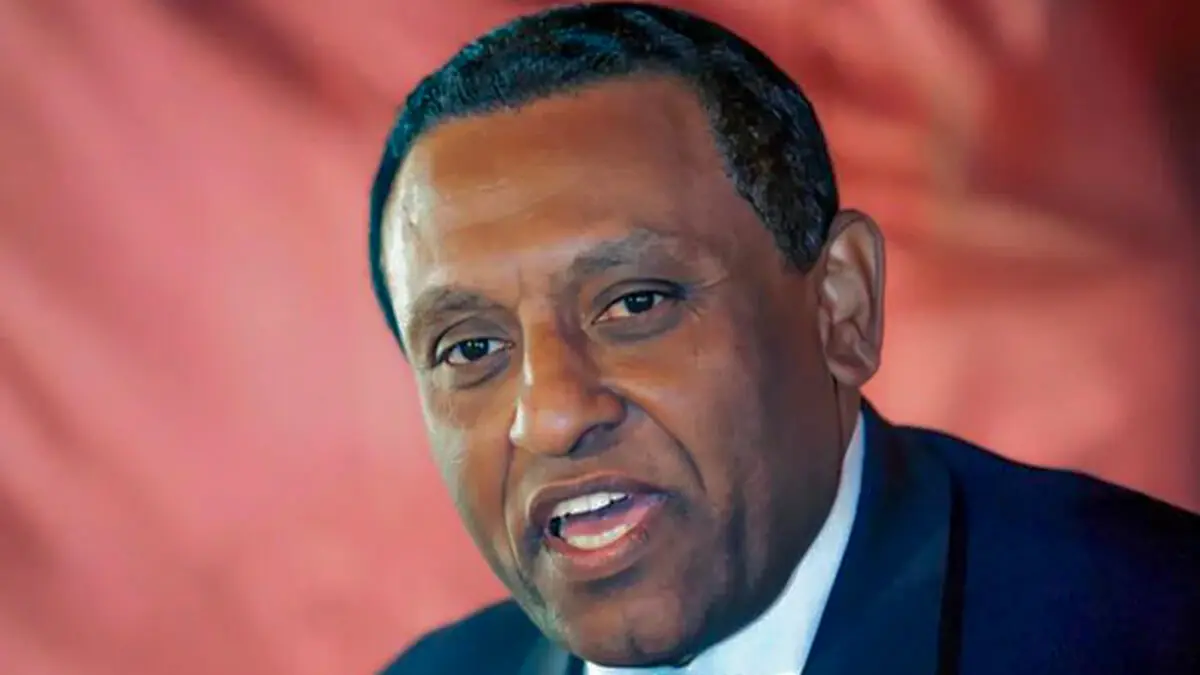
Sudan’s PM designate Kamil el-Tayeb Idris has faced harsh criticism from various political forces over what they label as an exclusionary stance towards political parties, according to The Arab Weekly plus agencies on June 23rd.
Critics claim that his remarks effectively absolve the Sudanese army of any responsibility for the country’s severe political and humanitarian crisis by blaming parties for Sudan’s fragmentation. His critics also warn that his stance sidelines civilian actors.
This backlash followed an address to the nation that Idris gave earlier in June 2025, wherein he announced plans to form a technocratic government free from party affiliation. He repeatedly stressed that the involvement of political parties in Sudan’s governance is inappropriate given the dire circumstances. This statement has been interpreted by many as a deliberate effort to suppress political opposition, including any forces vehemently opposed to the ongoing civil war.
By portraying his cabinet as politically neutral, Idris has effectively smothered the possibility of any dialogue with Sudan’s main civilian coalitions, many of which have been crucial in resisting military rule.
Omar el-Degeir, a senior figure in the Civil Forces Coalition “Sommoud” (Resilience), issued a blistering critique of Idris’ speech, accusing him of being detached from the grim reality that Sudan is facing. el-Degeir wrote in an op-ed that “the Prime Minister’s address could have been written for another country, or a different moment, not for Sudan in this bleeding historical juncture.”
He also outlined that the possibility of an exclusively technocratic government relies on political conditions that simply do not currently exist in Sudan: institutional stability, secure governance, and undisputed legitimacy.
“This kind of government model belongs in peacetime, not in the middle of war and collapse,” he said.
He also cautioned against the exclusionary tone the PM designate took in his speech, stating that his rejection of “political quotas” frames political participation itself as a transgression, an idea which is diametrically opposed to the features of civilian, democratic governance. El-Degeir pointed to the fact that the presence of armed movements in the cabinet, who he says are just as political as any traditional party, undermines Idris’ vision for the exclusion of political parties.
Crucially, el-Degeir said that the speech failed to adequately address Sudan’s most pressing challenges, most notably the nation’s economic collapse, the ever-exacerbating displacement crisis, and the mounting weight of war on the population.
The PM designate has yet to form a government almost a month after being sworn-in. Disputes between army-aligned factions over the appointment of ministers have reportedly delayed the process.
In an attempt to assert control over the fragmented process, Idris announced that he alone would be responsible for shaping the cabinet, insisting that he would not repeat past “quota-based” arrangements.
However, this promise was rapidly contradicted by another message: that he would maintain adherence to the 2020 Juba Peace Agreement which reserves 25 percent of cabinet positions for armed movements, a discrepancy noticed by observers.
Idris reiterated his commitment to the Juba Agreement at a meeting with other signatory groups on June 22nd. He promised to act with consultation, consensus, and “wisdom.”
Disputes have since emerged over the interpretation of Article 8.3 of the Juba Agreement, which outlines that signatory groups shall retain their posts until the completion of the transitional period, and that they are responsible for the nomination of replacements should a vacancy occur.
Pro-military armed groups have campaigned to maintain their share of the posts, with some even threatening to pull out of the peace agreement if their allocations are undermined.
Political secretary of the Justice and Equality Movement, Mutasim Ahmed Saleh, accused Idris and his allies of orchestrating a “coordinated campaign” to destabilise the Juba Agreement, in particular the provisions which relate to Darfur. He cautioned against what he labelled a “narrow reading” of the agreement which is driven by an exclusionary mindset toward Sudan’s marginalised regions.
Saleh wrote that “the peace agreement s not an exercise in quota-sharing, but the product of decades of struggle for justice and equality.” He emphasised that its power and wealth-sharing structures were endorsed by both the state of Sudan and the wider international community.
Saleh dismissed claims that armed groups are using the agreement to gain political advantages as a distortion seeking to delegitimise their role.
He said that the narrative promoted by the PM designate “seeks to intimidate and undermine the forces of the periphery, while reinforcing the dominance of central elites and excluding marginalised actors from the decision-making process.”
The Arab Weekly plus agencies, Maghrebi.org
Want to chase the pulse of North Africa?
Subscribe to receive our FREE weekly PDF magazine





